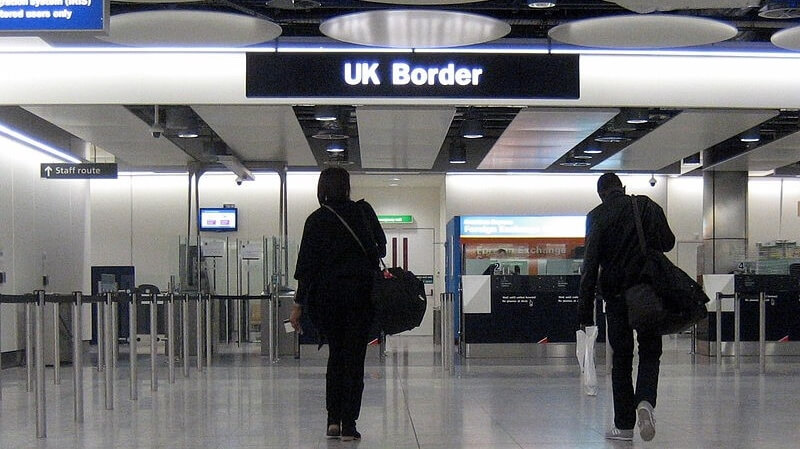The EU referendum debate is full of known unknowns. Is there anything businesses in the UK and overseas can be certain of?
What Does Brexit Mean For Businesses On Both Sides Of The UK Border?
The EU referendum debate is full of known unknowns. Is there anything businesses in the UK and overseas can be certain of?

Tomorrow, the UK will go to the polls on a referendum over whether the country should choose to leave the EU. Coverage for the event has been almost everywhere: experts and politicians debating on the TV and radio, and a perpetual stream of articles being published, online and in print, arguing over what will happen and what won’t.
While many will be getting sick of the constant flood of information and opinion, for those in the business world — especially people with business interests in both the UK and Europe — the internal dialogue that the country has been undergoing is more than justified.
The impact of the referendum could potentially change the way that firms in the UK do business, but nobody seems to be able to say whether this change will have a positive or negative impact on UK companies. There is a lot of opinion and counter-opinion, and a distinct lack of unbiased information available.
The Federation of Small Businesses (FSB), published a study in September 2015 about the FSB members’ views on the UK’s membership of the European Union which found that their members were in favour of staying in the EU, but only just — the split was 47.0% for staying and 40.9% for leaving.
Interestingly, 1 in 3 of those businesses surveyed said that they did not feel fully informed about the EU from a business perspective, and many participants raised concerns about the lack of balanced information on the issue.
Even though the full impact of a potential Brexit cannot be fully calculated, there are a few certainties that we know would occur and affect businesses:
· We know that the British pound will take a hit, dropping further than it already has and likely staying that way until we can convince the world it is still a favourable currency.
· We know that businesses would no longer have to adhere to rules passed in Brussels, which would allow us to trade our own way without having to worry about EU legislation.
· We would be likely to lose any trade deals that the EU has with other world powers. This could have a catastrophic effect for firms that depend on them to do business with the rest of the world.
· We would also lose free trade deals with member states of the EU, which makes up more than 50% of the country’s exports.
Another thing that is for certain is that the exit would affect some companies more than others — those that depend on the EU for business or have large expansions overseas will face more turbulence than others. A Brexit would be likely to alter the plans of any firms thinking of expanding into Europe in the near future.
As I’ve mentioned, there are very few certainties for businesses with a vested interest in Europe, but there are a few possible factors that would affect their day-to-day operations:
· If a business has suppliers on the continent, there is a chance that business relations could become more complicated, with new taxes and custom charges coming into play. With extra paperwork and more hoops to jump through, more admin could slow down processes that previously took no time at all.
· The costs incurred when selling to European customers would be likely to rise, lowering the return on investment for many businesses.
· Trying to complete deals with companies outside of the EU could become more complex if the deals are saddled with restrictions.
· Businesses who need to hire staff from Europe would no longer benefit from favourable employment conditions, so the recruitment process could potentially become more expensive and complicated.
· If it no longer makes economic sense due to rising costs, European firms that previously purchased your products or used your services could turn to rival companies that are still in the EU. The same could apply to UK firms, as it may become more expensive to do business with European partners.
Many advocators of a Brexit point to countries like Norway, Switzerland, and Canada as examples of nations that have negotiated a beneficial deal with the EU without becoming a member.
When it comes to thinking about a similar deal for the UK, there are arguments on both sides that suggest it is both possible and impossible, like much of the back and forth taking place at the moment.
The truth of the matter is that nothing is certain, and we won’t be able to gauge the full effects of an EU exit on business until it happens. Until then, UK businesses with interests in Europe can only cast their vote on the 23 June and hope that the country makes the best decision.
[top image credit: Danny Howard]
Thanks for signing up to Minutehack alerts.
Brilliant editorials heading your way soon.
Okay, Thanks!




